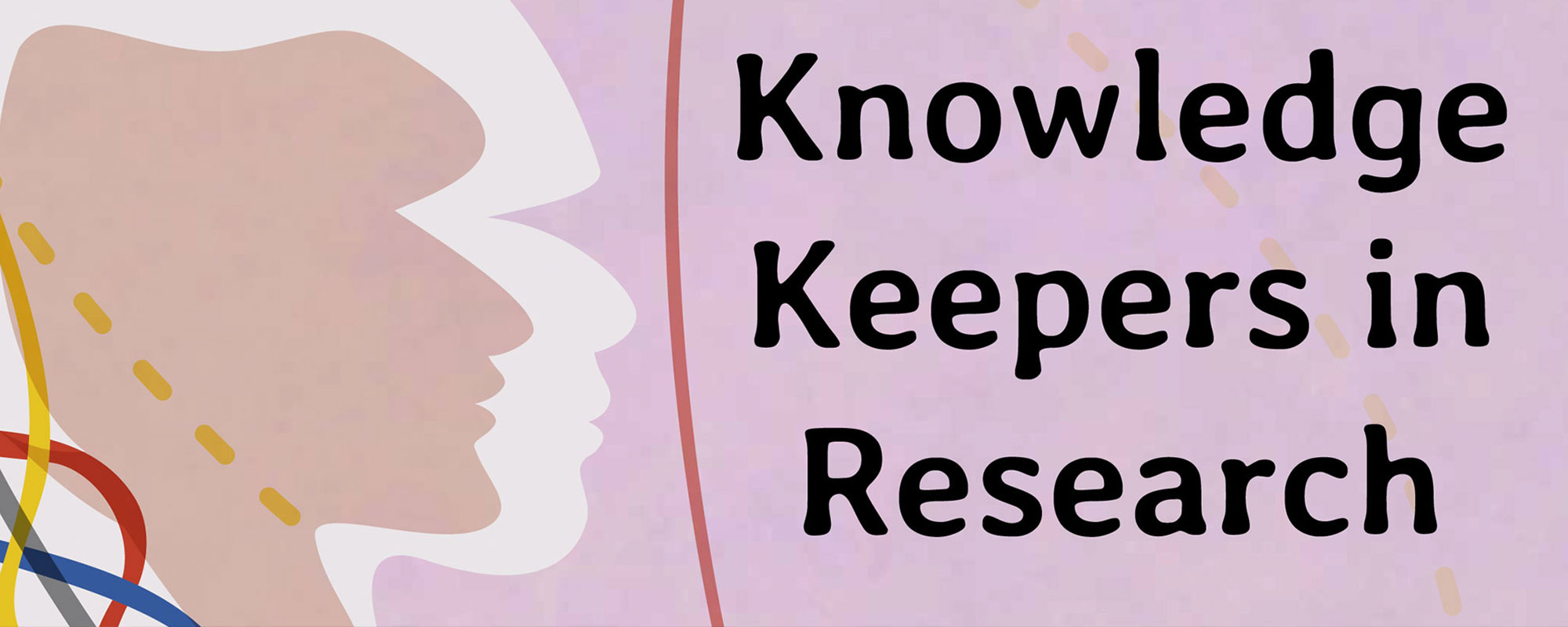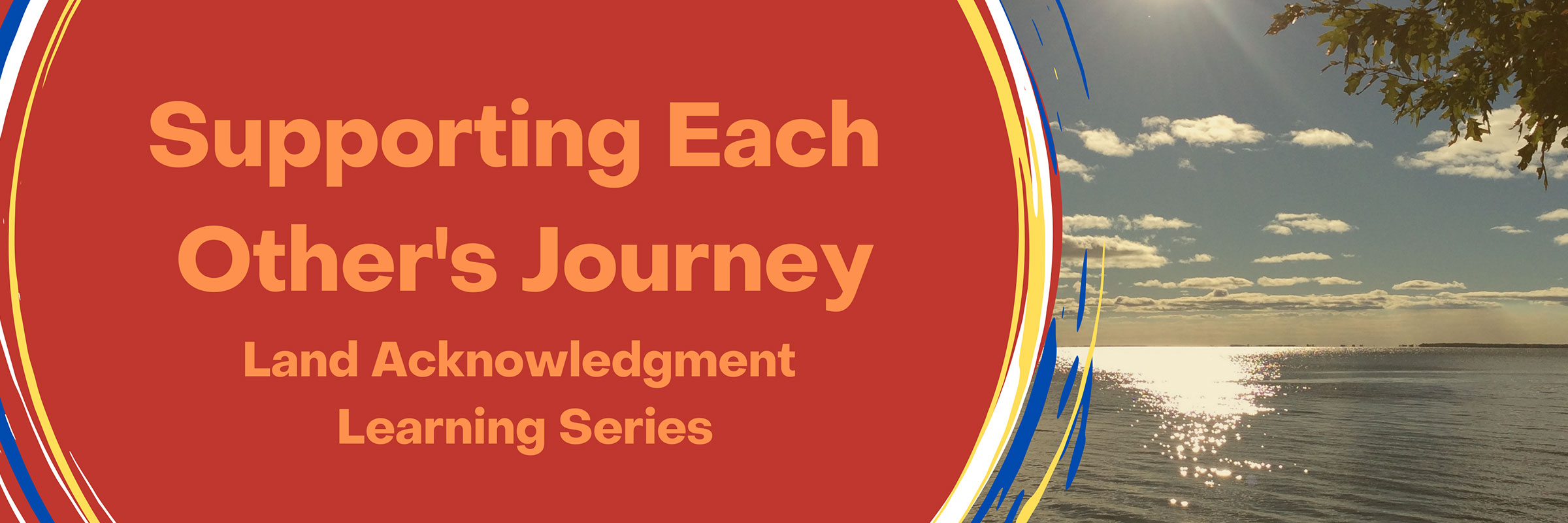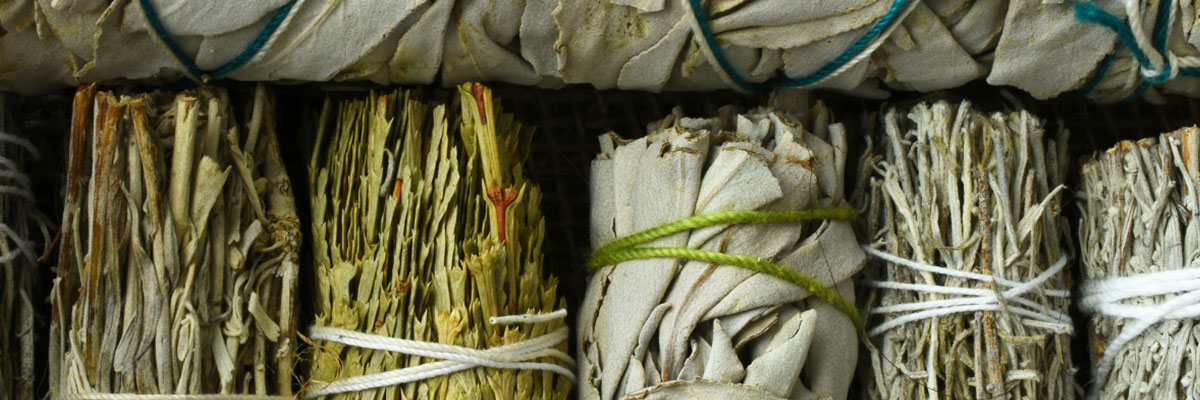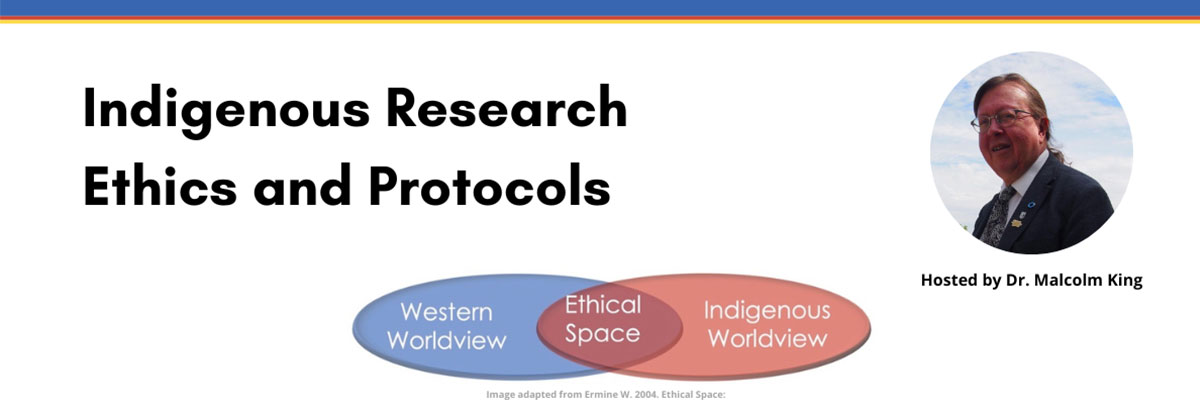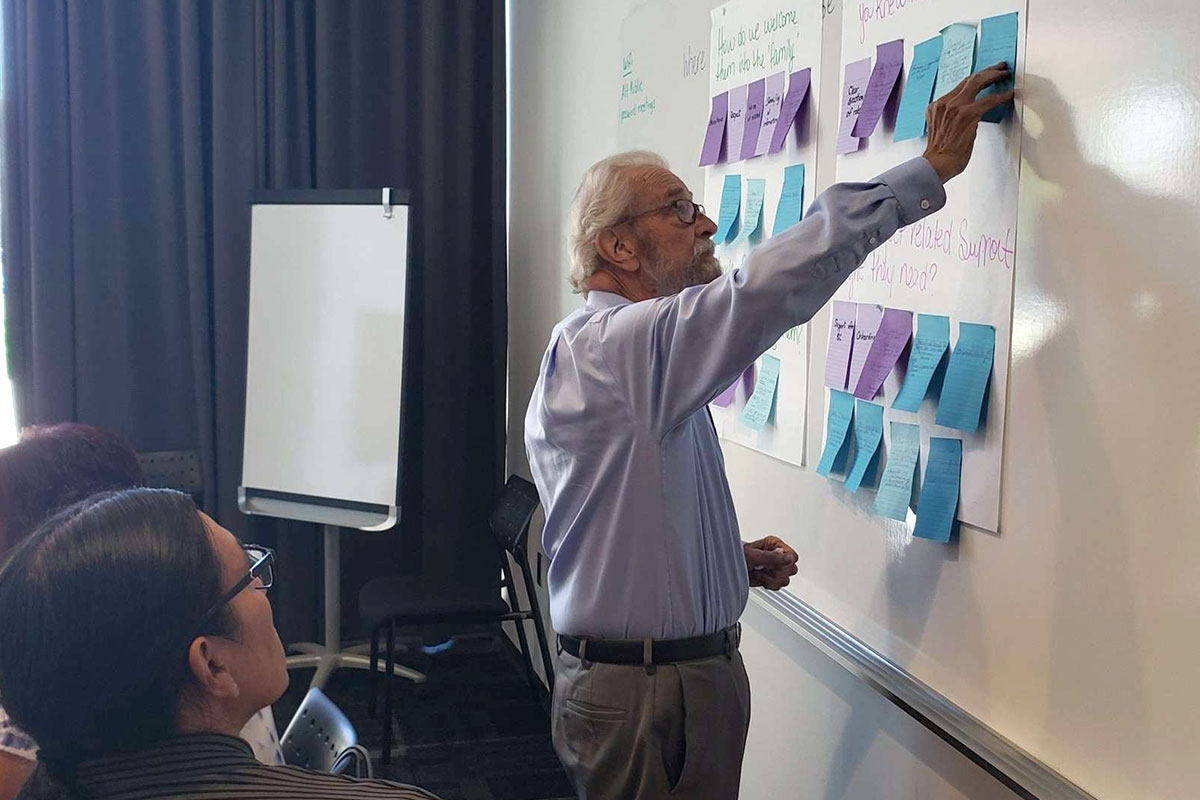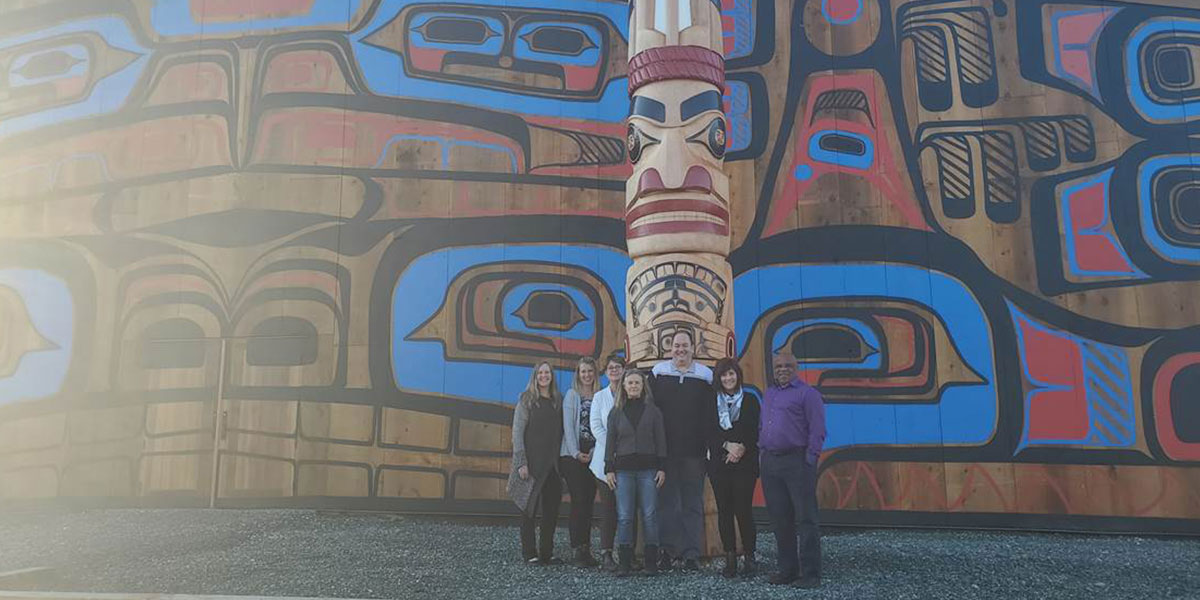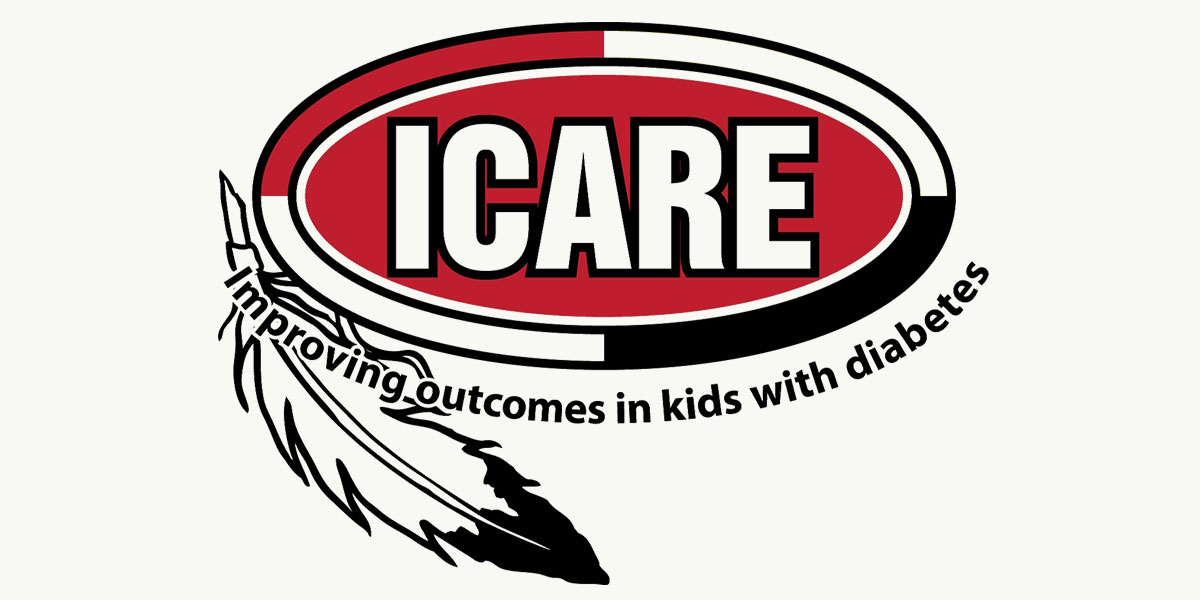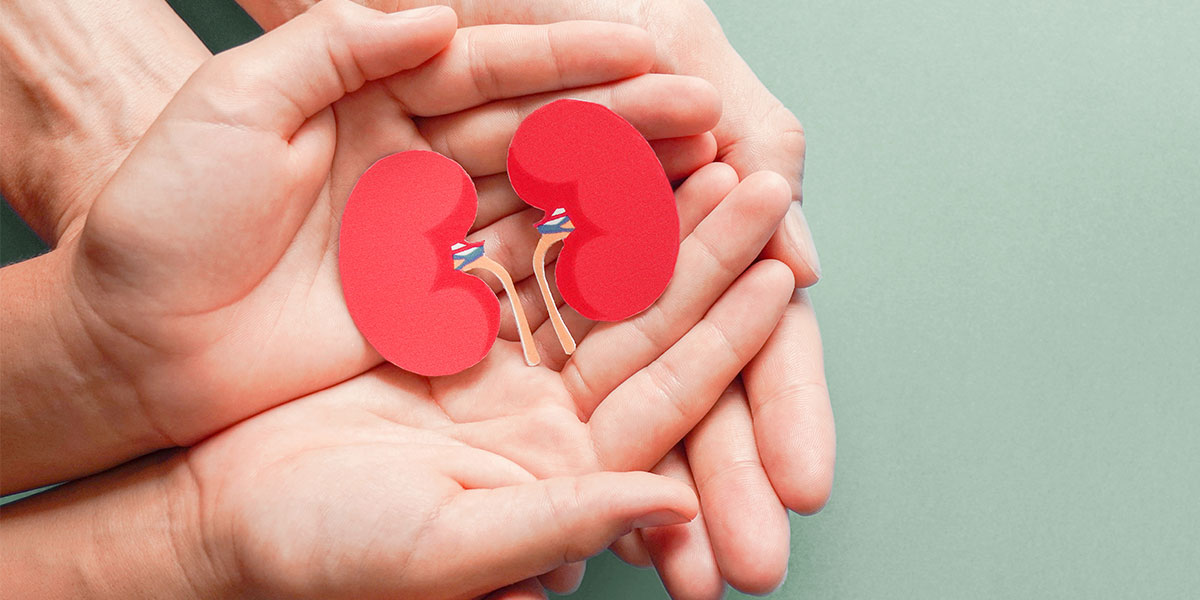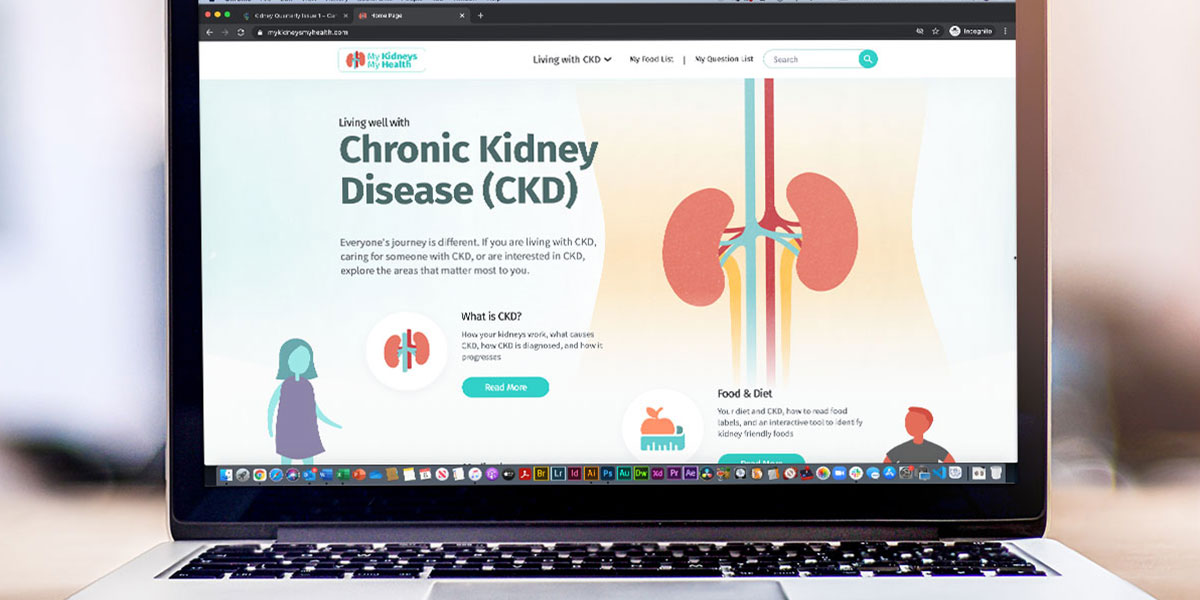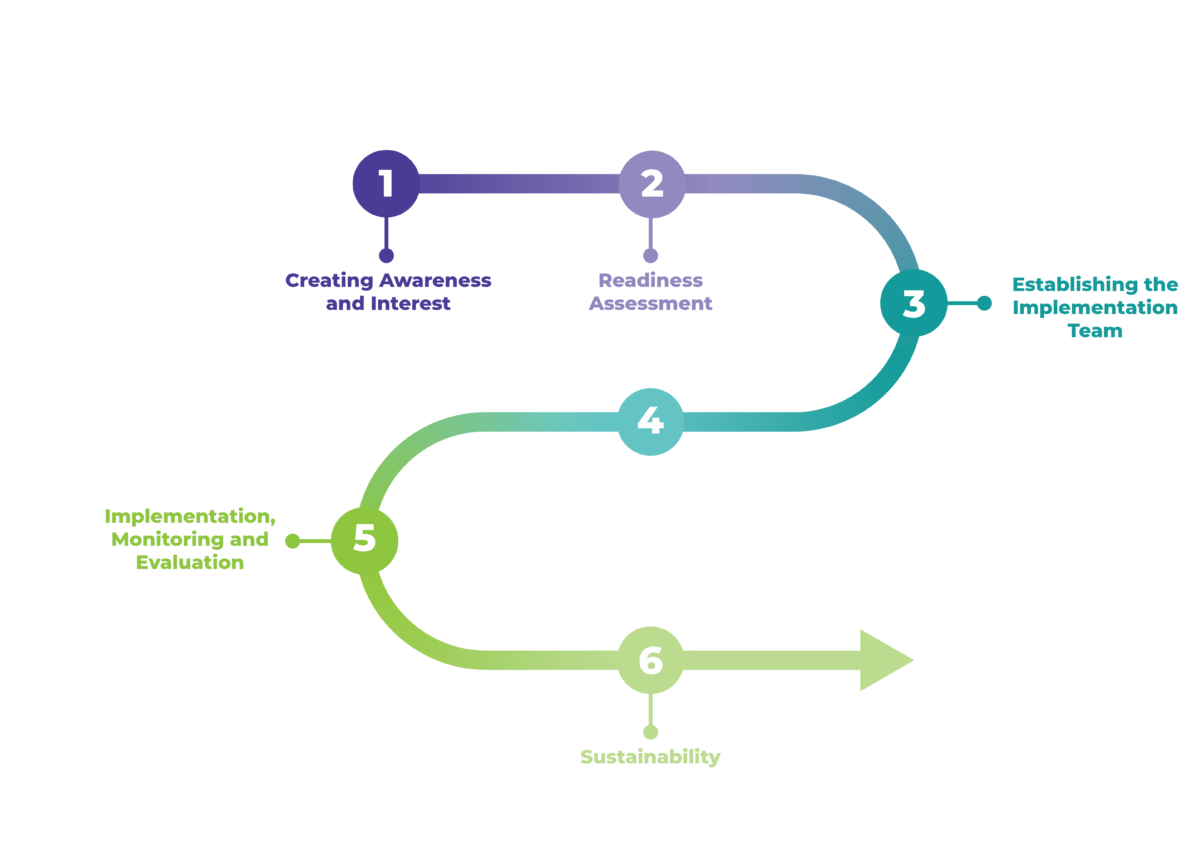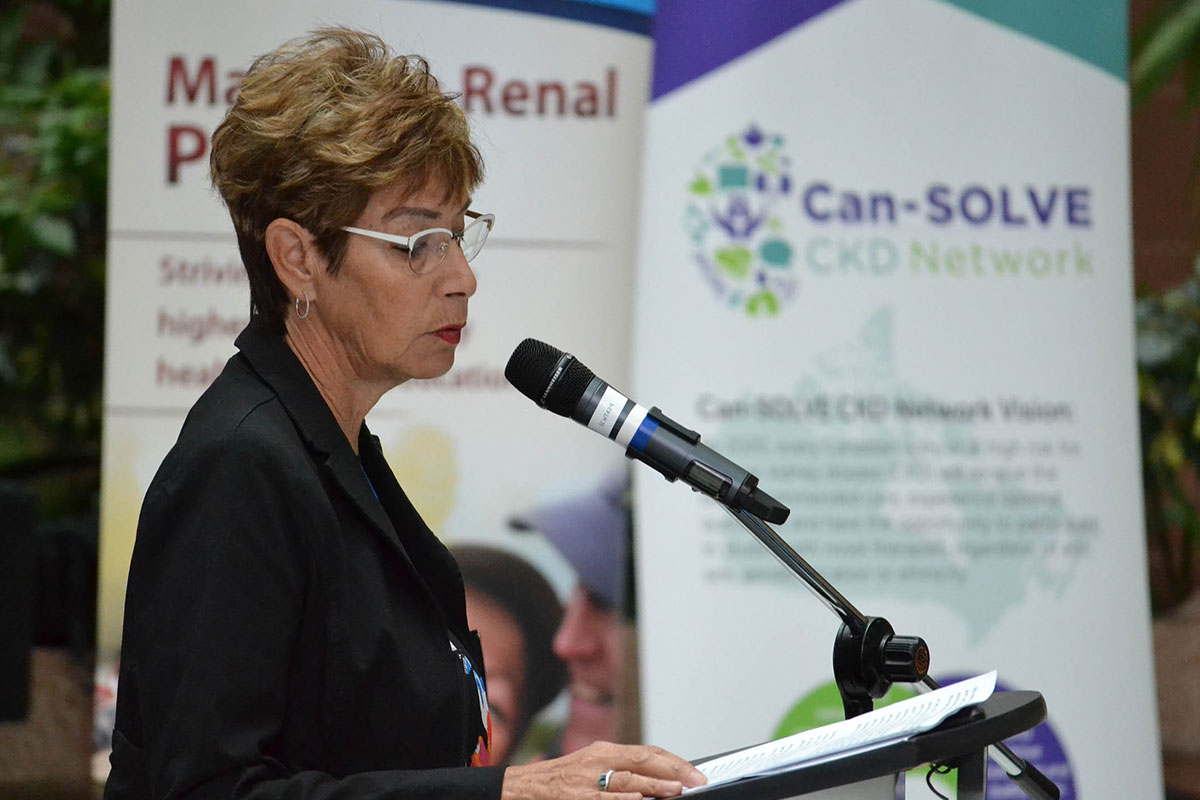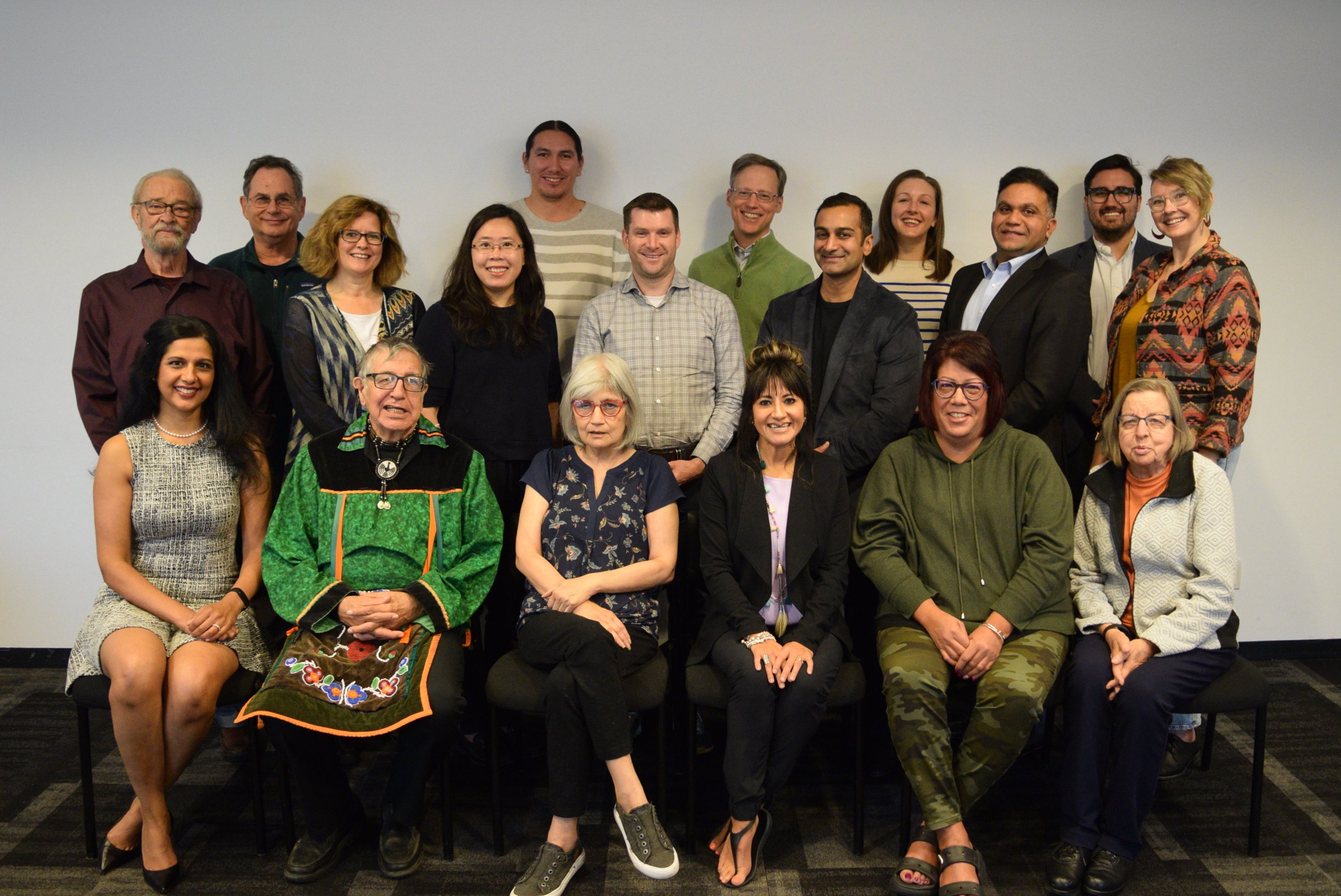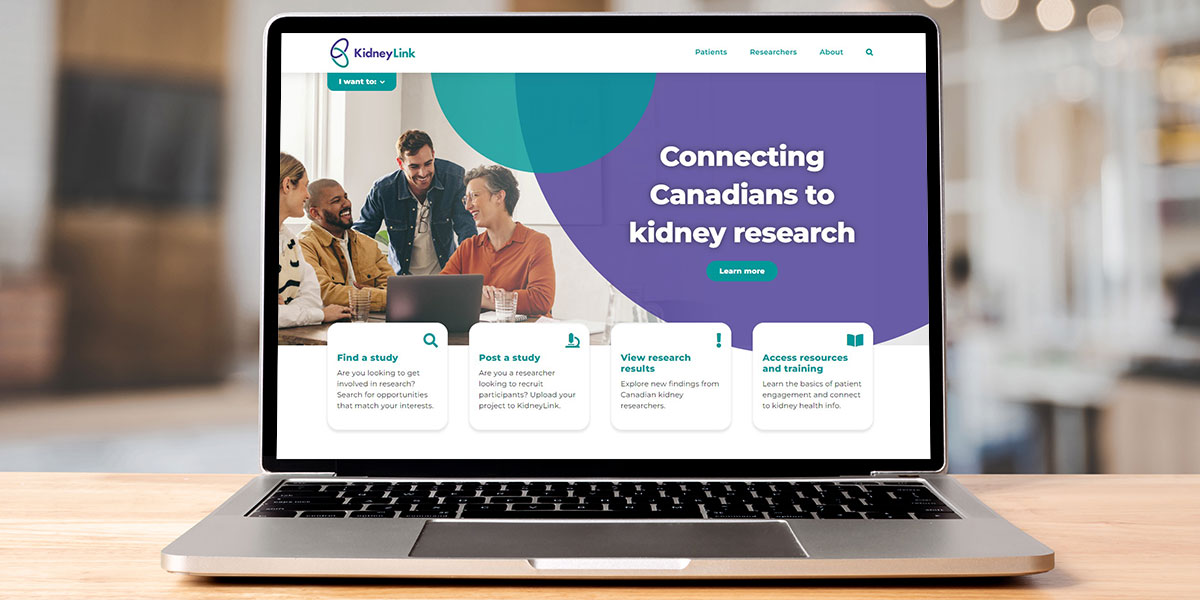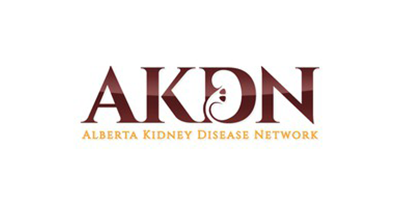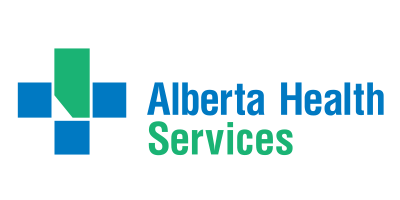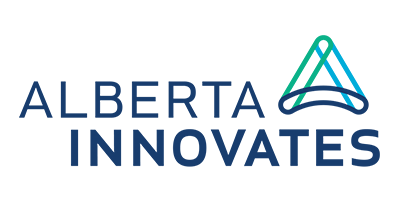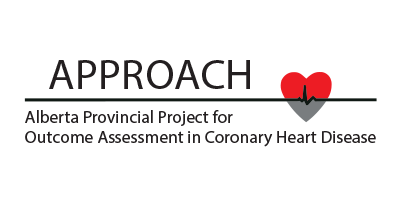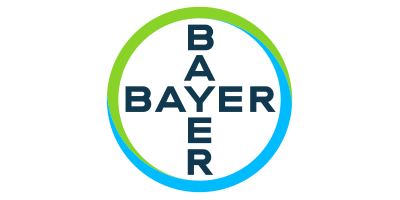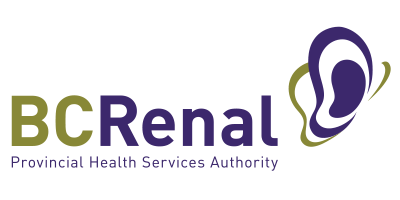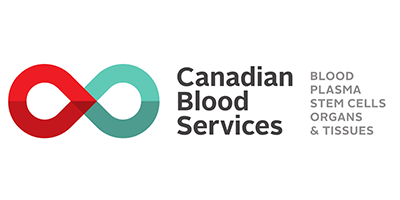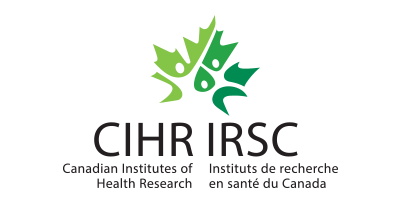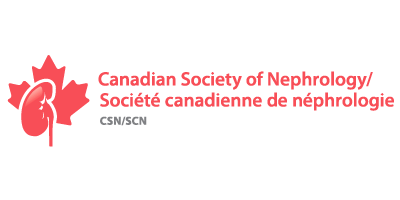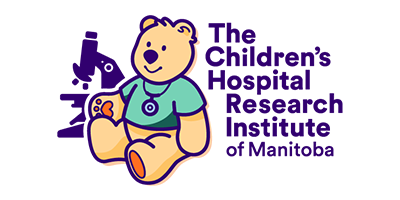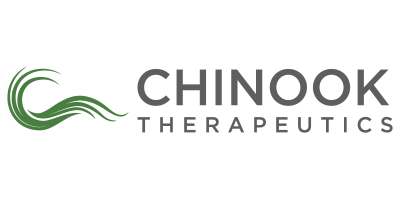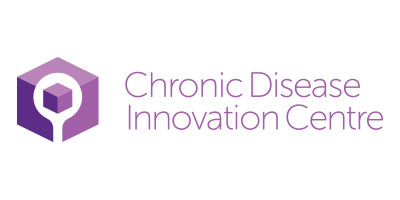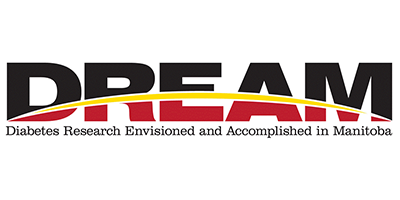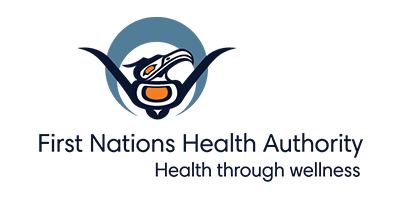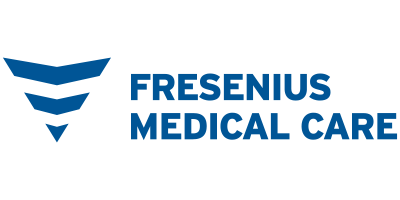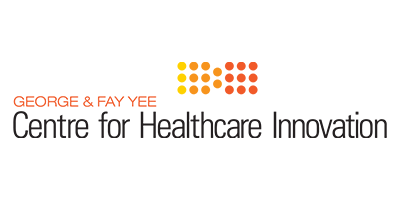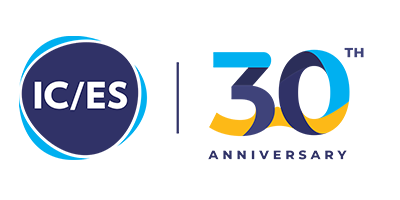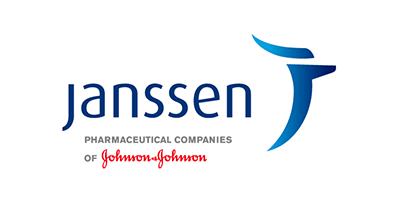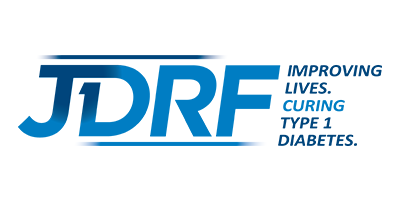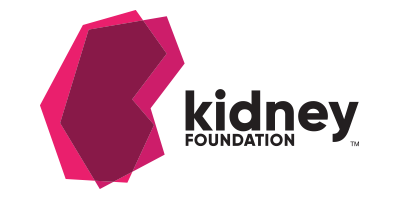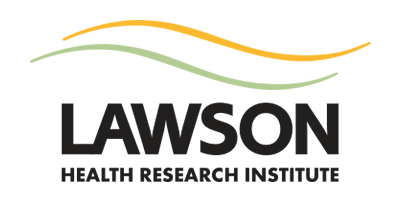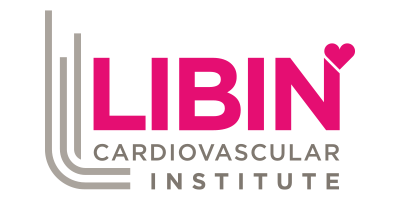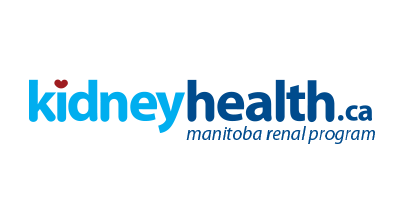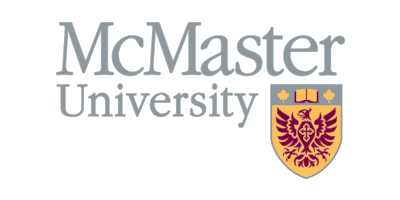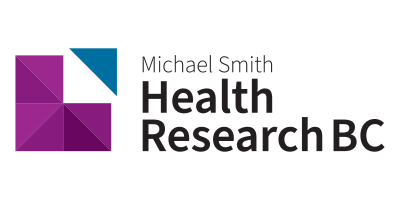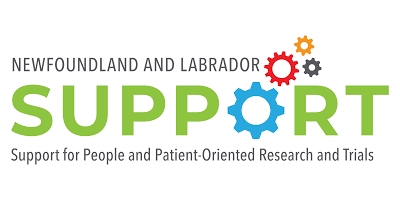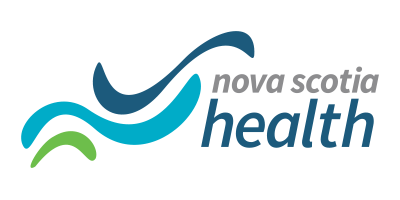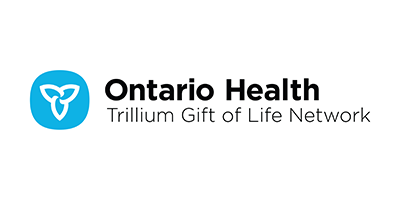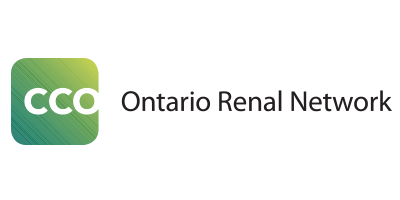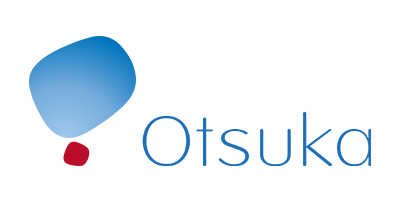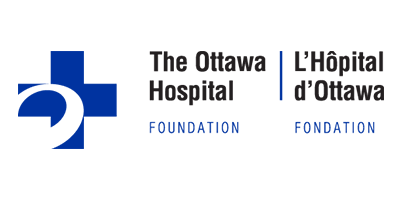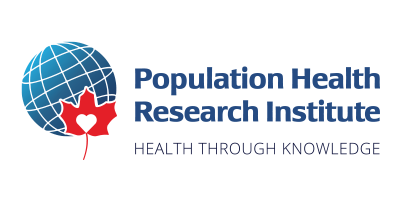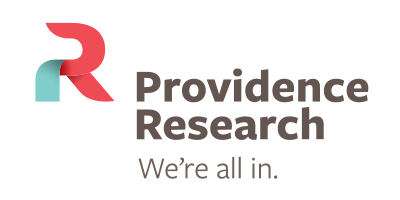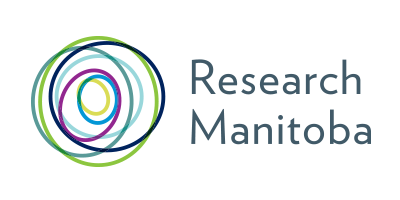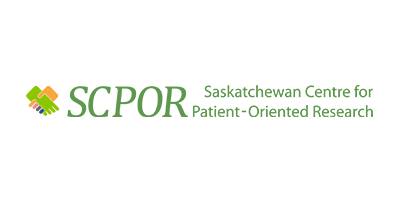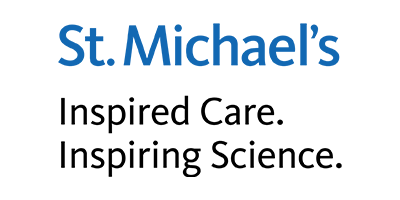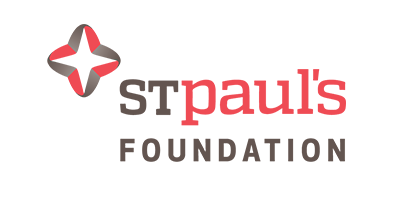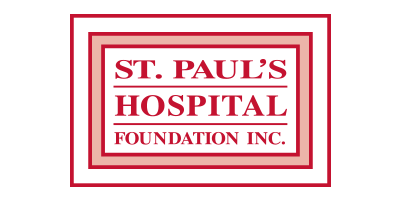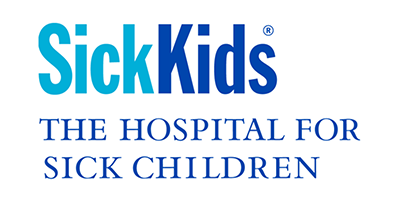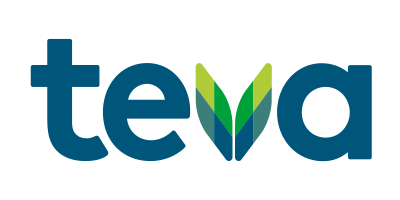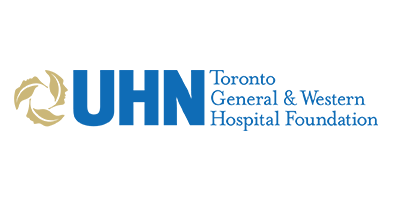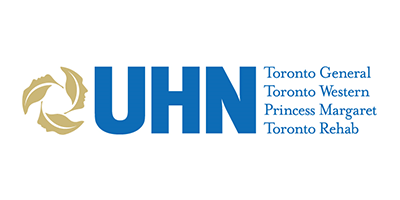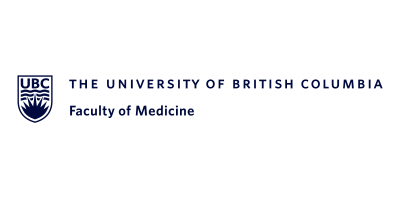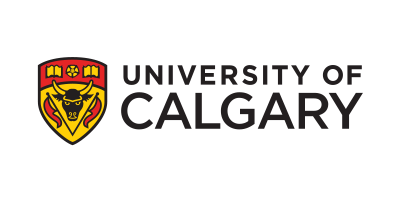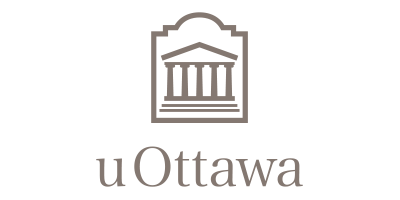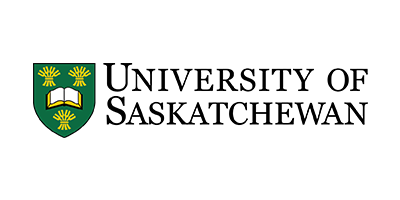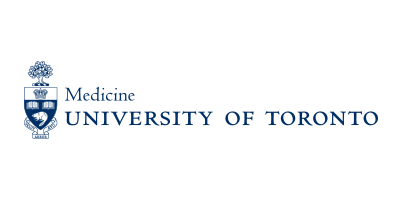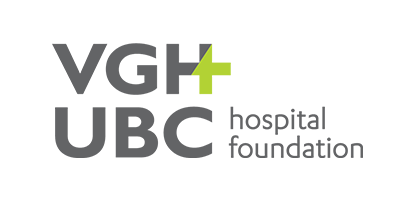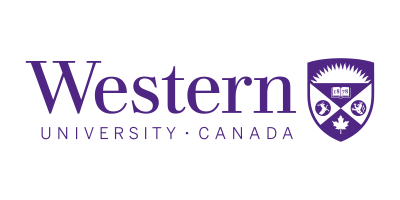Can-SOLVE CKD Network reflects that it is located on the traditional, ancestral, unceded territories of the Coast Salish and home of the xʷməθkʷəy̓əm (Musqueam), Sḵwx̱wú7mesh (Squamish), and Səl̓ílwətaɬ (Tsleil-Waututh) Nations.
In all coastal First Nations’ cultures, the bark of the χpey̓əɬp (red cedar tree) is stripped and woven by artisans to create hats, clothing and shkwe’um (baskets).
By weaving together many different parts of the χpey̓əɬp, artisans are able to create something new, something that supports their very livelihood. Hence, the χpey̓əɬp is frequently referred to as the healer or the tree of life.
A transformation occurs when many things find their way back together, perhaps in a different arrangement. Like χpey̓əɬp weavings, the Can-SOLVE CKD Network imagines the future of kidney care as a rich tapestry of culture, education and research. Instead of staying siloed apart, these pieces will be woven back together. Like the χpey̓əɬp, these pieces were never separate to begin with.
Every part of our work ties together to advance a powerful cultural change in kidney research that places patients at the forefront. In 2023, we celebrated the release of the Knowledge Keepers in Research video series as well as our patient-oriented research training modules. We published new and vital knowledge from our 18 research projects and relaunched KidneyLink, a platform that connects patients to Canadian kidney research.
Like the χpey̓əɬp weavings, none of this would be possible without every person who played a role. We would like to thank the larger kidney community across Canada, including our volunteer patient partners, Knowledge Keepers, research team members, investigators and staff. Special thanks to our funding partners for their generous contributions to our network.
With this tapestry in place, it is with great momentum that we look forward to 2024 and beyond.
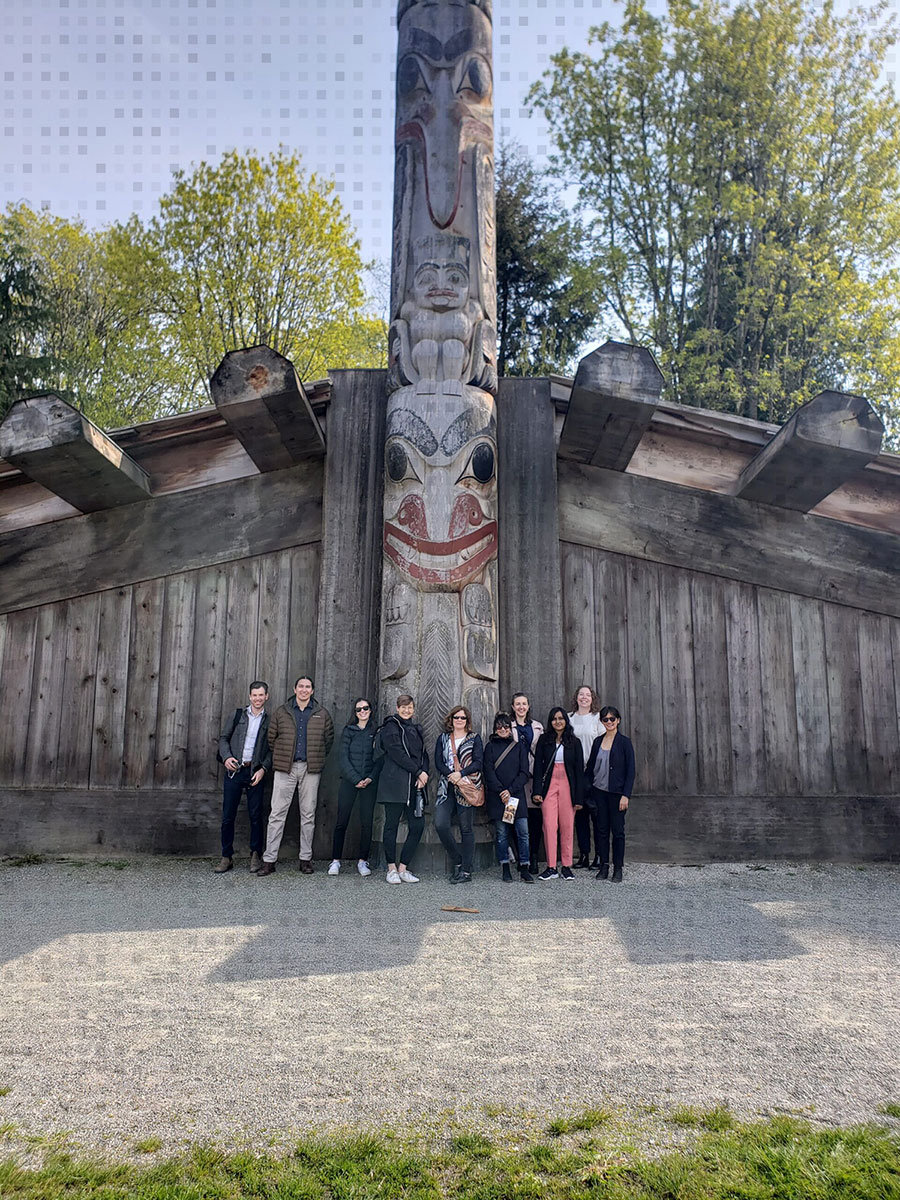
Changing Culture
Weaving diverse perspectives and experiences into research is fundamental to the future of kidney care.
Can-SOLVE CKD Network has created a wealth of educational resources to support researchers in doing so.
Knowledge Keepers in Research is a new resource that encourages health researchers to honour Indigenous ways of knowing and incorporate them into practice.
The module consists of an eight-part video series and a virtual guidebook. These tools aim to support researchers and their teams to respectfully engage Knowledge Keepers and Indigenous patient partners.
These resources are changing the culture of research by supporting meaningful and reciprocal relationships between researchers and Indigenous communities.
We have created additional Indigenous cultural competency resources
Research in Action
Adapting an e-health intervention to support diverse populations
Research is often subject to biases – some unconscious and some overt – that have too often excluded some groups from having their voices heard.
To ensure inclusion, diversity, equity, and accessibility (IDEA) in research, extra actions are required within our network and other research networks across the country.
Can-SOLVE CKD is committed to advancing IDEA in everything we do. Here are a few of the actions we’ve taken:
“Staff, patient partners, researchers – we are all tasked with being responsible for embodying IDEA principles.”

Selina Allu
Knowledge Translation Broker
and Implementation Support Practitioner
By the numbers
4
Indigenous cultural competency modules created
11
Indigenous Knowledge Keepers consulted
15+
Members of the Indigenous Peoples’ Engagement and Research Council (IPERC)
450+
Views of Knowledge Keepers in Research video series
Publication highlight
Ensuring Indigenous co-leadership in health research: a Can-SOLVE CKD case example
International Journal for Equity in Health
Advancing Knowledge
We have developed an extensive patient-oriented research network that continues to generate new knowledge that will transform kidney health for Canadians.
We have created a robust national research program based around what matters most to patients:
- Identifying kidney disease earlier
- Developing better treatments
- Delivering innovative patient-centred care
Our research projects are generating new knowledge and tools that will impact kidney health care for years to come. Learn more about each of these initiatives below.
Research in Action
Taking kidney health to heart
Some people are at high risk of kidney injury from procedures to diagnose and treat heart conditions. To lower the chance of this happening, the APPROACH research team created a decision-aid tool to help identify who is at high risk and guide treatment decisions.
Since the tool’s introduction in Alberta, the researchers have seen a nearly 30 percent decrease in the number of patients with kidney damage from heart procedures.
It is important to use research findings to improve health care. But implementing evidence in practice is a complex process.
This year, Can-SOLVE CKD launched the “Pathway to Implementation,” a new resource to help kidney scientists implement and scale up their innovative research. This six-step guidebook helps researchers identify target audiences, establish an implementation team, and evaluate progress.
We have also created an Implementation Toolkit, which offers research teams a suite of planning documents and resources to develop implementation strategies.
“The pathway document and the toolkit contain a large amount of information to support the projects, and help them identify other resources they may need for successful project completion.”
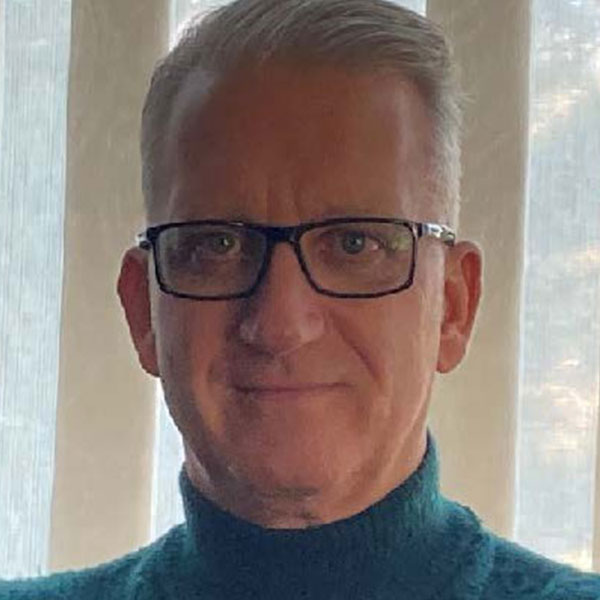
Dr. Steven Soroka
Co-Chair, Can-SOLVE CKD Knowledge User/
Knowledge Translation Committee
By the numbers
24
Research publications in 2022/23
130+
Research publications since Can-SOLVE CKD’s inception (2016)
2,000+
Citations since 2016
46%
Publications co-authored by patient partners
Recent Publications
| Title | Journal | Authors | Project/Initiative |
|---|---|---|---|
| Partnering with Patients to Enhance Access to Kidney Transplantation and Living Kidney Donation | Healthcare Quarterly | Naylor KL, McKenzie SQ, Garg AX, Yohanna S, Sontrop JM | Living Donor Kidney Transplantation |
| An eHealth self-management intervention for adults with chronic kidney disease, My Kidneys My Health: a mixed-methods study | CMAJ Open | Donald M, Beanlands H, Straus S, Smekal M, Gil S, Elliott MJ, Harwood L, Waldvogel B, Delgado M, Sparkes D, Tong A, Grill A, Novak M, James MT, Brimble KS, Tu K, Hemmelgarn BR. | My Kidneys My Health |
| Risk of CKD Progression and Quality of Care Indicators in the Primary Care Setting | American Journal of Kidney Diseases | Yuen J, Harasemiw O, Singer A, Bello A, Ronksley P, Bohm C, Drummond N, Tangri N | KFRE |
| Addressing Inequities in Kidney Care for Indigenous People in Canada | Journal of the American Society of Nephrology | Harasemiw O, Komenda P, Tangri N | Kidney Check |
| How the Routine Use of Patient-Reported Outcome Measures for Hemodialysis Care Influences Patient-Clinician Communication | Clinical Journal of the American Society of Nephrology | Schick-Makaroff K, Wozniak LA, Short H, Davison SN, Klarenbach S, Buzinski R, Walsh M, Johnson JA | EMPATHY |
| Involving Patient Partners in the KRESCENT Peer Review: Intent, Process, Challenges, and Opportunities | Canadian Journal of Kidney Health and Disease | Fowler EA, Bell K, Burns K, Chiazzese A, DeSerres SA, Foster BJ, Hartwig S, Herrington G, James MT, Jensen V, Jones N, Kidston S, Lemay S, Levin A, MacPhee A, McCutcheon S, Ravani P, Samuel S, Scholey J, Takano T, Tangri N, Verdin N, Alexander RT, Clase CM | KRESCENT |
| Transportation Burden Associated With Hemodialysis in Canada: A Qualitative Study of Stakeholders | Kidney Medicine | Lewis RA, Bohm C, Fraser F, Fraser R, Woytkiw L, Jurgutis S, Rubin M, Smith G, Buenafe J, Verdin N, Hutton J, Tonelli M | Triple I |
| Enhance Access to Kidney Transplantation and Living Kidney Donation (EnAKT LKD): Statistical Analysis Plan of a Registry-Based, Cluster-Randomized Clinical Trial | Canadian Journal of Kidney Health and Disease | Dixon SN, Naylor KL, Yohanna S, McKenzie S, Belenko D, Blake PG, Coghlan C, Cooper R, Elliott L, Getchell L, Ki V, Mucsi I, Nesrallah G, Patzer RE, Presseau J, Reich M, Sontrop JM, Treleaven D, Waterman AD, Zaltzman J, Garg AX | Living Donor Kidney Transplantation |
| Exploring the Motivational Drivers of Young Adults with Diabetes for Participation in Kidney Research | Journal of Patient Experience | Mohini P, Palaganas M, Elia Y, Motran L, Sochett E, Curtis J, Scholey JW, McArthur L, Mahmud FH | AdDIT |
| Poor sleep, increased stress, and metabolic co-morbidity in adolescents with type 2 diabetes | Canadian Journal of Diabetes | Gabbs M, Dart AB, Woo M, Pinto T, Wicklow BA | iCARE |
| Integrative analysis reveals novel associations between DNA methylation and the serum metabolome of adolescents with type 2 diabetes: A cross-sectional study | Frontiers in Endocrinology | Agarwal, P, Wicklow BA, Dart AB, Hizon, N, Sellers EAC, McGavock J, Talbot C, Fonseca M, Xu W, Davie J, Jones M, Acharjee A, Dolinsky V | iCARE |
| Walking in Two Worlds with Type 2 Diabetes: A Scoping Review of Prevention and Management Practices Incorporating Traditional Indigenous Approaches | International Journal of Circumpolar Health | Bonin L, Levasseur-Puhach S, Guimond M, Gabbs M, Wicklow BA, Vandenbroeck B, Copenace S, Delaronde M, Mosienko L, McGavock J, Katz LY, Roos LE, Diffey L, Dart AB | iCARE |
| Total kidney volume measurements in ADPKD by 3D and ellipsoid ultrasound in comparison to MRI | Clinical Journal of the American Society of Nephrology | Akbari P, Nasri F, Deng S, Khowaja S, Lee SH, Warnica W, Lu H, Rattansingh A, Atri M, Khalili K, Pei Y | ADPKD |
| Shared pathobiology identifies AMPK as a therapeutic target for obesity and autosomal dominant polycystic kidney disease | Frontiers in Molecular Biosciences | Iliuta, I-A, Song XW, Pickel L, Haghighi A, Retnakaran R, Scholey J, Sung HK, Steinberg GR, Pei Y | ADPKD |
| Dietary interventions in autosomal dominant polycystic kidney disease | Advances in Nutrition | Pickel L, Iliuta IA, Scholey J, Pei Y, Sung HK | ADPKD |
| The dynamic nature of patient engagement within a Canadian patient-oriented kidney health research network: Perspectives of researchers and patient partners | Health Expectations | Elliott MJ, McCarron TL, Schick-Makaroff K, Getchell L, Manns B, Fernandez N | Patient Governance Circle |
| Preferences of Patients With Chronic Kidney Disease for Invasive Versus Conservative Treatment of Acute Coronary Syndrome: A Discrete Choice Experiment | Journal of the American Heart Association | Wilson TA, Hazlewood GS, Sajobi TT, Wilton SB, Pearson WE, Connolly C, Javaheri PA, Finlay JL, Levin A, Graham MM, Tonelli M, James MT | APPROACH |
| Priorities for peer support delivery among adults living with chronic kidney disease: a patient-oriented consensus workshop | CMAJ Open | Elliott MJ, Donald M, Farragher J, Verdin N, Love S, Manns K, Baragar B, Sparkes D, Fox D, Hemmelgarn BR | My Kidneys My Health |
| Storytelling for impact: the creation of a storytelling program for patient partners in research | Research Involvement and Engagement | Getchell LE, Reich M, Allu S, Woods C, Atkinson T, Beaucage M, Stalker L, Sparkes D, Turner C, L’Esperance A, Burns K, Elliott MJ, Chiu H, Rosenblum ND, Sapir-Pichhadze R | Storytelling for Impact |
| “You need a team”: perspectives on interdisciplinary symptom management using patient-reported outcome measures in hemodialysis care-a qualitative study | Journal of Patient-Reported Outcomes | Baragar B, Schick-Makaroff K, Manns B, Love S, Donald M, Santana M, Corradetti B, Finlay J, Johnson JA, Walsh M, Elliott MJ | EMPATHY |
| Relationship between risk factors for impaired bone health and HR-pQCT in young adults with type 1 diabetes | Frontiers in Endocrinology | Sochett EB, Dominicis M, Vali R, Shammas A, Elia Y, Moineddin R, Mahmud F, Assor E, Furman M, Boyd SK, Lenherr-Taube N | AdDIT |
| Preclinical evaluation of salsalate-tolvaptan combination therapy in a Pkd1 knock-out mouse model | Frontiers in Molecular Biosciences | Song X, Leonhard WN, Kanhai AA, Steinberg GR, Pei Y, Peters DJM | ADPKD |
| Atypical polycystic kidney disease as defined by imaging | Scientific Reports | Iliuta IA, Win AZ, Lanktree MB, Lee SH, Pourafkari M, Nasri F, Guiard E, Haghighi A, He N, Ingram A, Quist C, Hillier D, Khalili K, Pei Y | ADPKD |
| Development and Validation of Patient Education Tools for Deprescribing in Patients on Hemodialysis | Canadian Journal of Kidney Health and Disease | Cho TH, Ng PCK, Lefebvre MJ, Desjarlais A, McCann D, Waldvogel B, Tonelli M, Garg AX, Wilson J, Beaulieu M, Marin J, Orsulak C, Talson M, Sharma M, Feldberg J, Bohm C, Battistella M | STOP Med-HD |
Enhancing Research
We have created numerous platforms and resources that pull together diverse knowledge sets in order to enhance the future of kidney research and care.
Can-SOLVE CKD has created a suite of training programs to help enhance skills and knowledge in patient-oriented research. Five programs are available, covering a wide range of subjects from knowledge translation to Indigenous cultural safety.
The Storytelling for Impact course helps patients bring their perspectives and experiences to researchers, doctors, and the public. Through the sharing of stories, patient partners have the power to reshape the kidney care landscape and ensure patient voices and priorities are at the forefront of kidney disease. More patient partner voices will bolster this vision.
Storytelling for Impact: the creation of a storytelling program for patient partners in research
Storytelling is a powerful means to evoke empathy and understanding among people. When patient partners, which include patients, family members, caregivers and organ donors, share their stories with health professionals, this can prompt listeners to reflect on their practice and consider new ways of driving change in the healthcare system.

Patient Partners in Peer Review
Funding agencies, universities, and research groups are increasingly seeking patient partners to participate on peer review panels.
Currently, there is a gap between the number of patient partners needed and the number who feel comfortable and confident participating. A new training module, Patient Partners in Peer Review, aims to bridge the gap and bring more patient partners, regardless of their level of experience, into the world of peer review.
The self-paced online course was developed in partnership by the Canadian Nephrology Trials Network (CNTN), the Kidney Foundation of Canada, the KRESCENT program, and the Canadian Donation and Transplantation Research Program. It provides a foundational understanding of what peer review is, why it’s important, and how patient partners can get involved.
2023 highlights:
Connecting Canadians to kidney research
Research holds the key to better health. Patients hold the key to better research.
That’s why the Kidney Foundation of Canada and the Can-SOLVE CKD Network partnered this year to create and launch the new and improved KidneyLink, a national platform connecting patients and researchers to work on kidney research across Canada.
From a user-friendly portal, patients, care partners, family members, and donors can search for opportunities to get involved, learn about new research findings, and access research training and resources.
“When you’re first diagnosed, you’re shell-shocked. But by looking up research and being able to find out what’s going on, you learn so much about how our doctors and researchers are truly looking to improve not only how kidney disease is treated, but how that impacts the quality of life for the patient.”

Nancy Verdin
Patient Partner
Financial Highlights
2023 was a transitional period for the network as the wind-down of Phase 1 research and capacity building activities took place in parallel to the start of Phase 2 knowledge mobilization activities.
Total Research Budget – Phase 1
$37,483,843
Partner Funding by Category – Phase 1
Phase 1 Year 7 Spending Per Expense Category
Total Research Budget – Phase 2
$12,139,422
Total Research Budget – Phase 2 Year 1
$1,824,160
Phase 2 Year 1 Spending Per Expense Category
